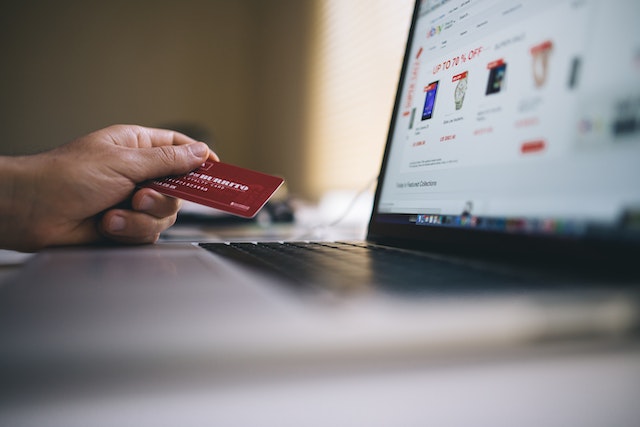Maintaining a “private” online existence is more complicated than ever, from significant data breaches to online surveillance. However, it is not impossible.
You can preserve your privacy, secure your identity, and decrease the data corporations gather about you online by taking a few straightforward measures. Learning how to safeguard your online privacy is a valuable skill that many are prioritizing. Here’s an in-depth look at internet privacy, what it means for you, and how to safeguard it.
You’re undoubtedly hearing more about internet privacy than ever before, not just in the news. Privacy is a significant concern for governments and tech titans, with the two frequently disagreeing on what it entails.
But what exactly does it mean? Internet privacy is about defending your right to keep personal information private. Many internet users have already taken a stand to protect their online privacy, using a tool like free VPN for PC to safeguard their browsing habits.
Surprisingly, just a few places have laws that guarantee their rights. Even when internet privacy regulations exist, not all corporations obey them, like when Cambridge Analytica used Facebook to amass millions of data points on US voters.
Internet privacy and security are distinct but closely connected concepts. Privacy is often concerned with legal data collecting (such as what you share on Instagram and other social media platforms). In contrast, cybersecurity is concerned with unlawful data acquisition and safeguarding your accounts from hackers.
However, there is a lot of overlap. Excellent security improves privacy, while improved privacy aids in maintaining superior security. You can enhance both by following a few straightforward measures.
Review your privacy settings.
The quickest way to improve your privacy is to verify the privacy settings on your internet accounts daily.
Companies can make millions or billions of dollars by gathering personal information. In general, their default settings favor data collection above data protection.
The optimum settings for you are determined by what you want to share and what you want to keep private. However, there are a few instances where you should use caution. For example, consider turning off location tracking and not sharing geotags on your posts.
Use a VPN when browsing.
Your web browser may also record information about your online activity. To boost privacy and security, try installing a few browser extensions.
HTTPS Everywhere requires encrypted connections on supported sites, assisting in the concealment of sensitive data such as credit card details on your Wi-Fi network. Sites cannot monitor you if you use ad blockers or tracking blockers.
A secure VPN may encrypt your surfing data, rendering it unreadable to hackers. If you must use public Wi-Fi, such as in a cafe or airport, you must utilize a VPN. Remember that there are several risks to accessing public or unprotected Wi-Fi networks.
Commit to sharing less.
The greatest thing you can do to safeguard your information against internet scammers is share less.
When it comes to sharing information, we automatically think of social networks. Take extra caution with photos of yourself or your loved ones, geotagged postings, or other news you don’t want outsiders to know about.
Aside from social media sites, almost all applications collect information about your activity – and they seldom secure your data as thoroughly as you would expect. Once it’s on your mind, you’ll notice that another company’s privacy abuse makes news every few months. For example, Instagram was hit with a fine over privacy settings for children.
These shares and data points contribute to your online footprint, which fraudsters might use to obtain sensitive information.
Create strong passwords and use multi-factor authentication.
Strong passwords are the most crucial — and, in some cases, the only — safeguard against fraud and hackers. If you haven’t done so, create passwords or passcodes for all your devices. The optimum setting for devices that employ quick biometric identification, such as fingerprint scanning or face recognition, instead of a code is “30 seconds” or “immediately.”
For your online accounts, choose a strong and unique password. Since you most likely have numerous accounts, a password manager is a more convenient way to keep the information safe.
Finally, enable two-factor authentication for any accounts that support it. It’s a secondary layer of security that can even safeguard you if you’ve revealed your password to hackers during a phishing assault. You’ve used two-factor authentication if you’ve ever been required to enter a code texted to your phone.
Maintaining your privacy online is a challenging feat. However, you can find peace of mind by implementing the tips mentioned above. Share less online in an effort to be more private, and review the privacy settings on all your social media accounts before posting anything. Above all, always make sure your connection is secure before opening your browser in the first place.
Adam Torkildson is a News Columnist at Grit Daily. He is an investor, father, a volunteer SCORE mentor to small business startups, and lives in Utah with his wife and kids.
Credit: Source link


Comments are closed.